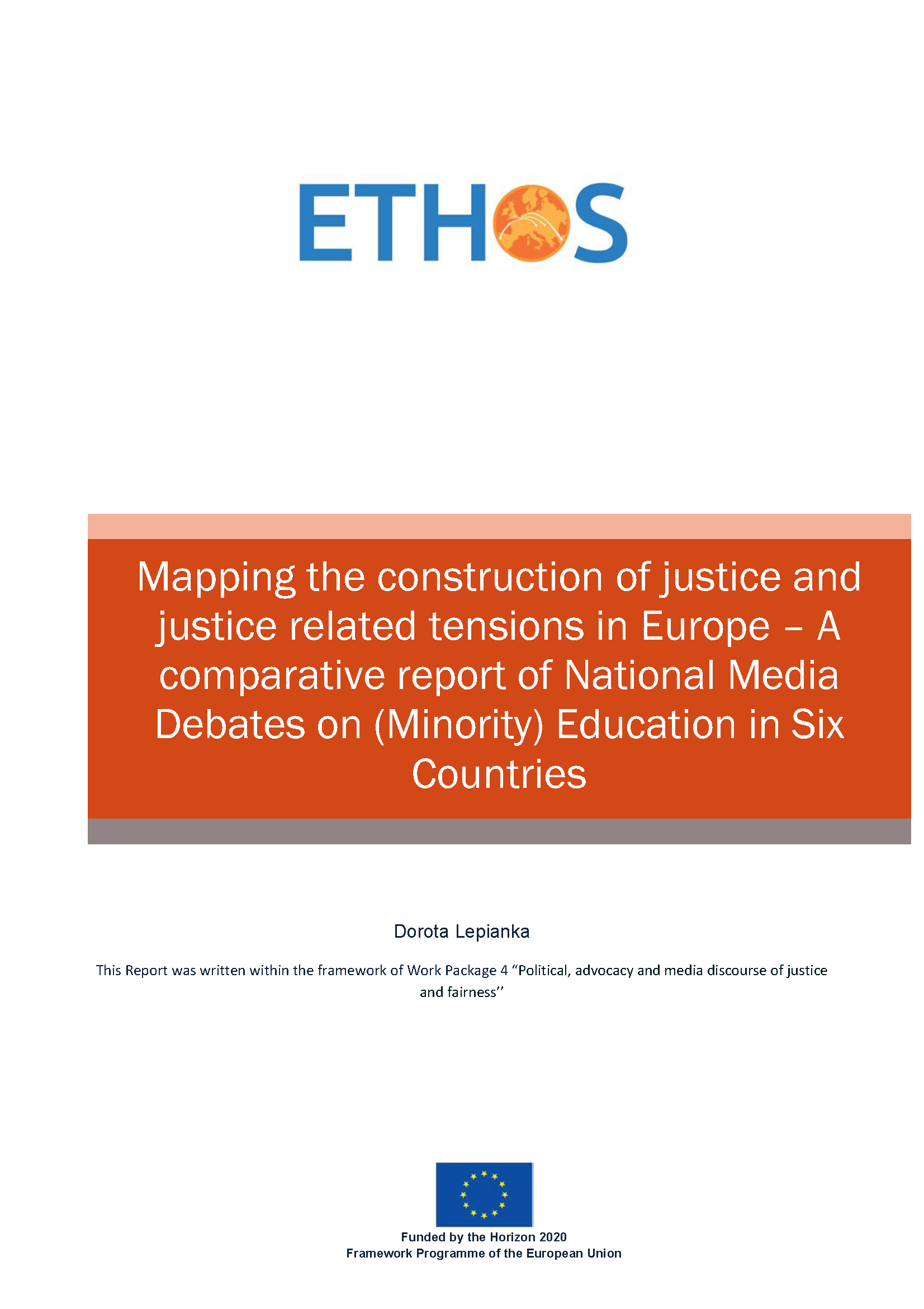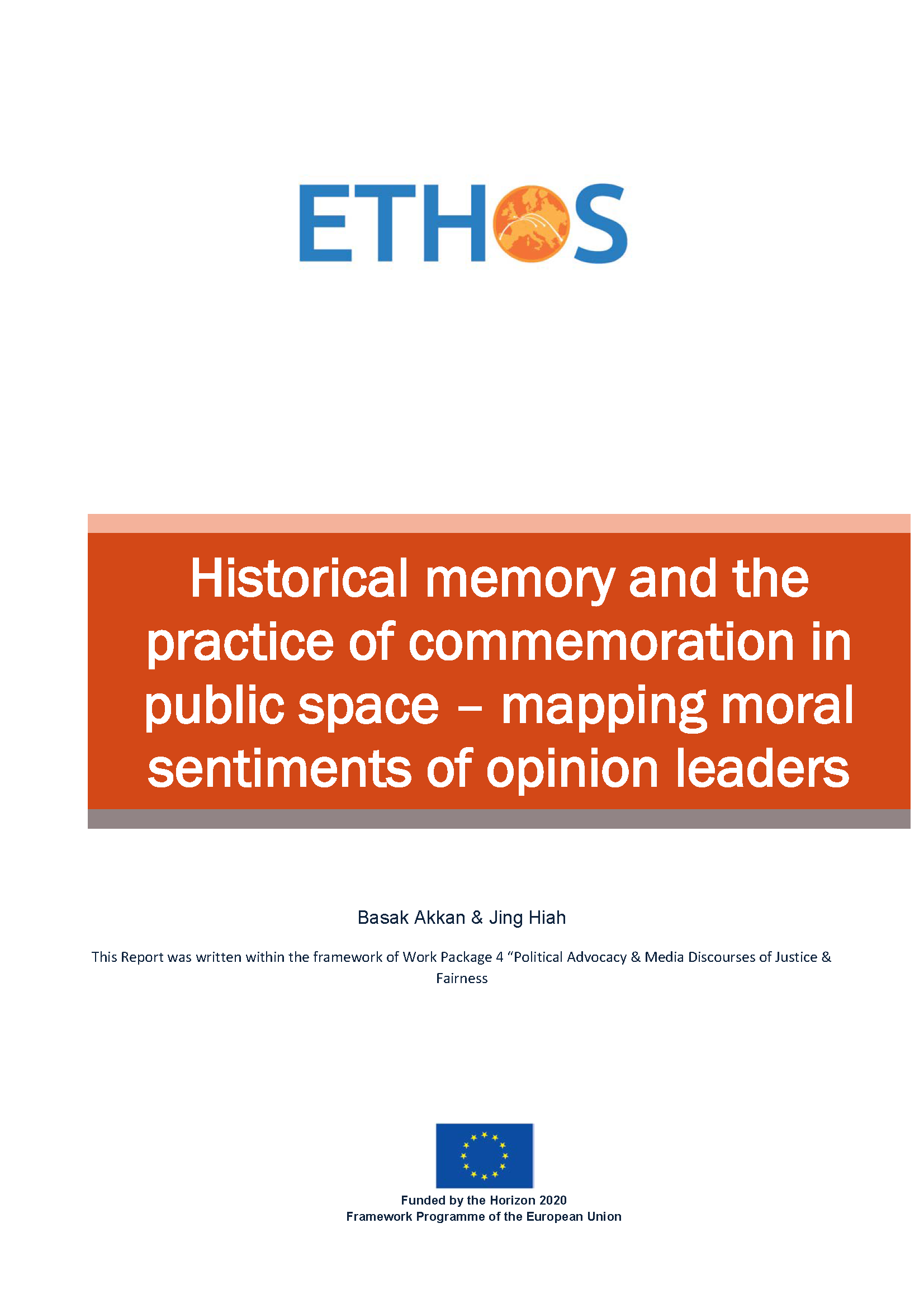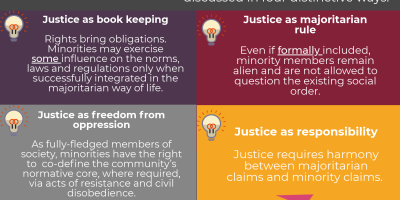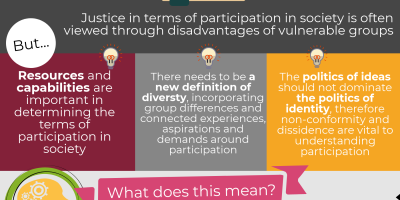Discourses of justice and fairness (WP4)
Public discourse – political and media discourse in particular – is of paramount importance to the design, implantation and public legitimation of policies that affect minority groups. Moreover, it is through public discourse that the societal fault lines are drawn and redrawn and (new) categories of insiders and outsider created. This subproject aims at uncovering the discursive construction of minority justice claims in the realm of politics, advocacy and (social) media at the European and national level. In the analysis, particular attention is paid to the discursive construction of the claims of ethnic, religious and regional minority groups, especially with respect to recognition and representation. The discursive construction of the fault lines to justice is also explored. The latter is particularly important in the times when the categories of ‘insiders’ and ‘outsiders’ are being re-defined in response to challenges evoked, among others, by mobile populations, minority claims for autonomy and language differentiation, upcoming religious fundamentalism, the experience of insecurity and/or rise of native populism. The project seeks to advance the understanding of the potential consequences of the dominant framing of justice for the capabilities and functionings of the members of different minority groups.
Leading partner: BU/UU; leading researchers: Ayse Bugra/Dorota Lepianka

This project has received funding from the European Union’s Horizon 2020 programme under grant agreement No. 727112





